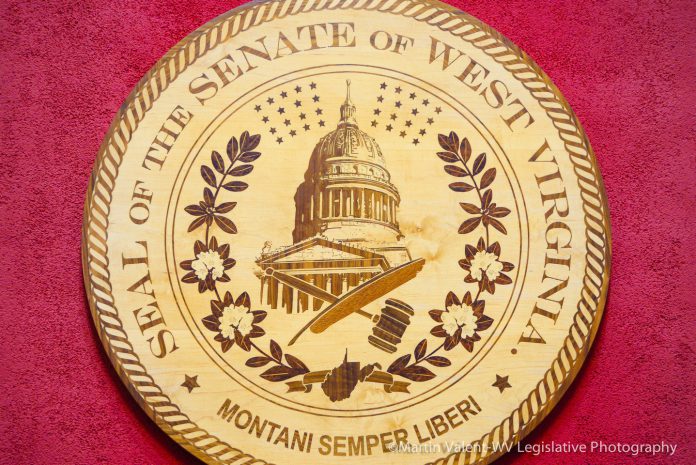As of 4 p.m., Wednesday, March 18, 2009, the 36th day of the 79th Legislature’s 1st Regular Session, 636 bills have been introduced in the Senate. Of those, 35 have passed and have been sent to the House for its consideration. Some of those bills passed were:
Senate Bill 238 adds a new section and amends others areas of state law relative to unlawful discriminatory practices in providing housing. The bill prohibits discrimination based upon age or sexual orientation. It does include exemptions for religious institutions and certain nonprofit organizations from the sexual orientation under certain circumstances.
Senate Bill 302 In the case of municipal parking authority boards, any such board would be given the authority to employ parking meter attendants who could issue citations for city parking violations occurring in city parking lots, parking buildings and, also, for violations of curbline parking on city streets. It is noted that any parking meter attendant is not considered a police officer subject to either the civil service provisions or the Policemen’s Pension & Relief Fund.
Senate Bill 418 would require a municipality to establish a transparent revenue account when implementing a user fee. The municipality must specify the reasons for the fee and spend the money only for those reasons. No money from the special fee may be placed into the general revenue account of the city.
Sampling of Bills Introduced in the Senate
Senate Bill 547 would prohibit the sale of tobacco products in a licensed pharmacy. This would take effect after June 30, 2010. If there were a violation by a pharmacy, its renewal permit or license to operate would be prohibited.
Senate Bill 553 would create the “Good Coal Company Neighbor Act.” Coal companies that have coal mining activities in a county of this state must provide easy access to coal, for home heating purposes, to residents of that county. The company cannot charge more than the prevailing wholesale rate for the coal.
Senate Bill 554 would require registered sex offenders to pay a $25 fee to the State Police at the time of registration. If a person fails to pay the fee they would be guilty of a misdemeanor and confined in jail for up to 10 days or fined up to $100.
Senate Bill 573 Would terminate the West Virginia Pharmaceutical Cost Management Council on July 1, 2009 and oversight of the prescription drug advertising expense reporting rule would be transferred to the state Health Care Authority.
The rule requires all drug manufacturers or labelers whose drugs are dispensed in West Virginia to annually report the advertising expenses incurred for the preceding calendar year. Advertising expenses required to be reported include: direct or indirect gifts, grants, or payments to prescribers for advertising purposes; direct-to-consumer advertising and other specific areas relative to prescription drug promotions.
Senate Bill 581 would allow 16-year olds to donate blood with parental consent.
Senate Bill 585 would allow a citizen to dispose of up to 500 pounds of residential waste for free once a month.
Senate Bill 590 would place a decal, sticker or other marking on West Virginia drivers’ licenses indicating the driver has a concealed weapons permit.
Senate Bill 599 would prohibit a radiologist from performing a second reading of an X-ray after the patients treatment has begun without first having written authorization from the patient.
Senate Bill 602 would establish a uniform dress code for teachers beginning in the 2009-2010 school year. The state board may create an advisory committee comprised of teachers, school employees, parents and students for the purpose of making recommendations on the proposed dress code.
Senate Bill 608 would allow any person who installs a solar energy system on property used as a residence as of July 1, 2009 to qualify for a state personal income tax credit of 30 percent of the cost and installation of the system up to a maximum amount of $2,000.
In order to receive the credit for a solar energy system on residential property, the system must use solar energy to generate electricity, to heat or cool a structure or provide hot water or to provide solar process heat: However, this does not include a swimming pool, hot tub or any other energy storage medium that has a function other than storage and must derive at least 50 percent of its energy to heat or cool from the sun.
Other provisions provide for net-metering; credit by public electric utilities for excess electricity generated; and, allows for carry-out credit.

